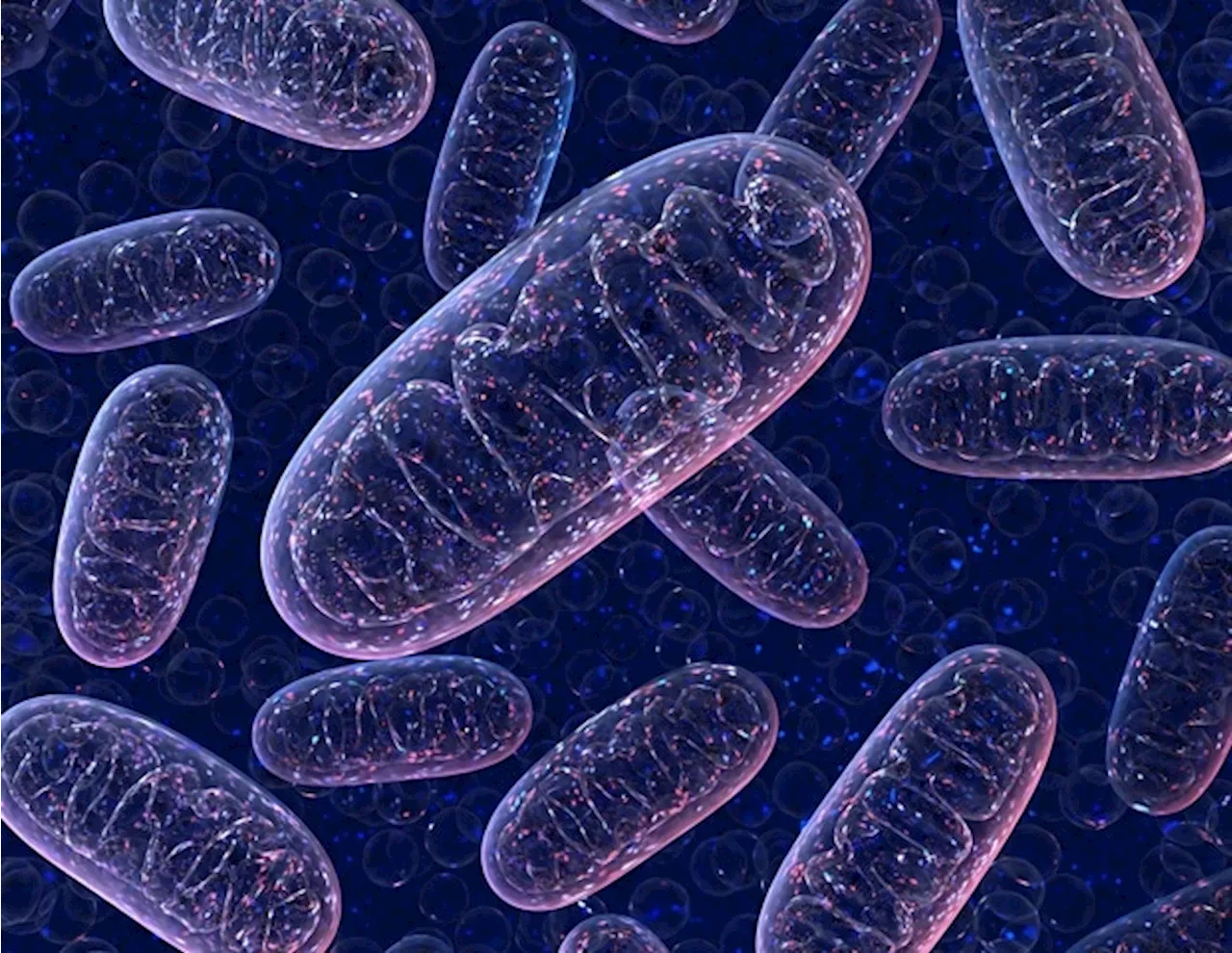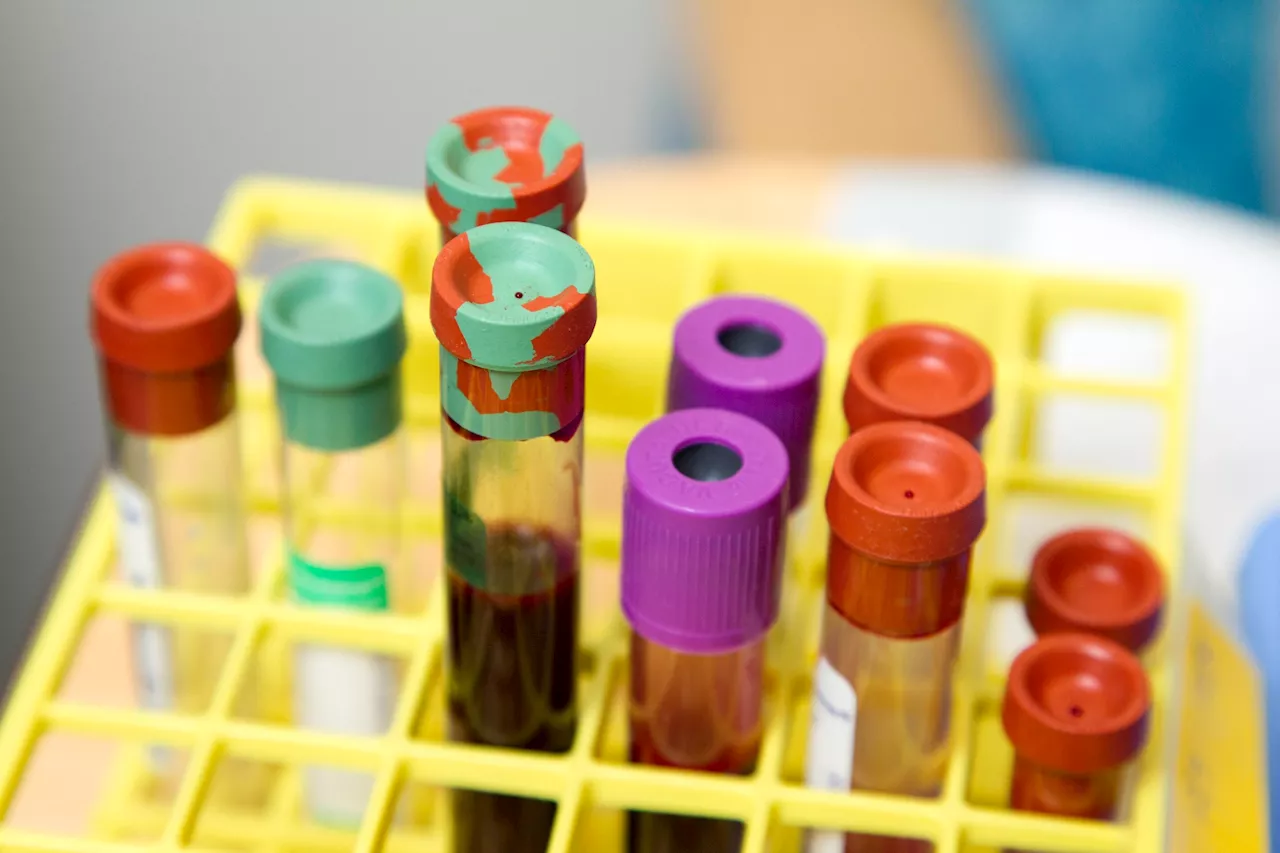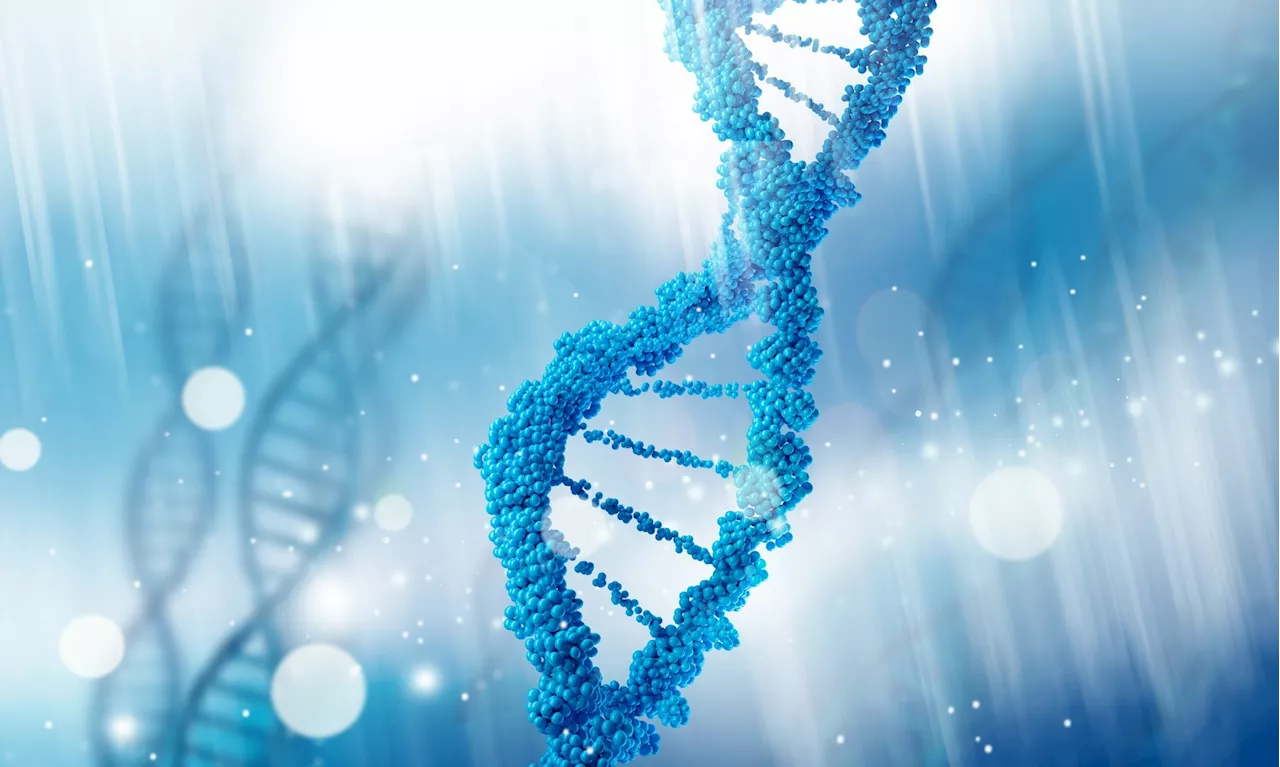Researchers found that ultra-rare genetic variants play a significant role in the heritability of coronary artery disease (CAD), particularly in individuals of European ancestry. These variants, especially those altering proteins or regulating genes in heart cells, pose higher risks than common variants.
By Dr. Chinta SidharthanReviewed by Benedette Cuffari, M.Sc.Oct 13 2024 In this groundbreaking study, researchers uncover how ultra-rare genetic variants, especially in heart cells, play a critical role in raising the risk of coronary artery disease among individuals of European descent.
What causes CAD? The development of CAD, one of the major causes of mortality worldwide, is largely determined by genetic risk factors. Previous studies conducted on European populations, for example, indicate that the heritability of CAD is about 60%. To avoid bias, any related individuals were excluded from the analysis, and stringent quality control measures were applied to all the samples. A principal component analysis was used to infer genetic ancestry, focusing on data from 22,443 individuals of European ancestry that comprised over 28 million autosomal single nucleotide variants.
Single nucleotide variants were further categorized based on evolutionary constraints determined through phyloP scores, cell-specific regulatory functions, and their predicted impact on proteins. The single nucleotide variants were also annotated based on their biological importance. The study highlighted that cell-specific regulatory mechanisms in the coronary artery, particularly in smooth muscle cells and endothelial cells, were enriched with CAD-associated variants, indicating a critical role for cell-type-specific processes in genetic risk.
Genetic Allele Cell Coronary Heart Disease Frequency Gene Genome Heart Heart Disease Mortality Nucleotide Protein Whole Genome Sequencing
United Kingdom Latest News, United Kingdom Headlines
Similar News:You can also read news stories similar to this one that we have collected from other news sources.
 Researchers uncover how brown fat cells increase metabolic activitySpecial fat cells known as brown adipocytes help maintaining body temperature by converting calory-rich nutrients into heat.
Researchers uncover how brown fat cells increase metabolic activitySpecial fat cells known as brown adipocytes help maintaining body temperature by converting calory-rich nutrients into heat.
Read more »
 Researchers develop new approach to document genetic ancestryUniversity of Glasgow researchers have helped to develop a new method for understanding the relationships between different DNA sequences and where they come from.
Researchers develop new approach to document genetic ancestryUniversity of Glasgow researchers have helped to develop a new method for understanding the relationships between different DNA sequences and where they come from.
Read more »
 Researchers find increased risk of autoimmune disease in stone bench-top industry, call for better screeningIn what could be a preview of an even greater disease burden for those workers in the artificial stone benchtop industry, Monash researchers have conducted a large study finding that those workers exposed to silica dust show a higher incidence of blood markers that are the hallmark of autoimmune diseases such as rheumatoid arthritis (RA) and...
Researchers find increased risk of autoimmune disease in stone bench-top industry, call for better screeningIn what could be a preview of an even greater disease burden for those workers in the artificial stone benchtop industry, Monash researchers have conducted a large study finding that those workers exposed to silica dust show a higher incidence of blood markers that are the hallmark of autoimmune diseases such as rheumatoid arthritis (RA) and...
Read more »
 Researchers discover new blood group systemThe discovery of a new blood group, MAL, has solved a 50-year-old mystery. Researchers from NHS Blood and Transplant (Bristol), NHSBT's International Blood Group Reference Laboratory (IBGRL) and the University of Bristol identified the genetic background of the previously known but mysterious AnWj blood group antigen.
Researchers discover new blood group systemThe discovery of a new blood group, MAL, has solved a 50-year-old mystery. Researchers from NHS Blood and Transplant (Bristol), NHSBT's International Blood Group Reference Laboratory (IBGRL) and the University of Bristol identified the genetic background of the previously known but mysterious AnWj blood group antigen.
Read more »
 UCL researchers develop UK's first national menopause education programDetails of two new courses to help individuals before and during the menopause have been published as part of the launch of the UK's first menopause education and support programme, created by UCL researchers
UCL researchers develop UK's first national menopause education programDetails of two new courses to help individuals before and during the menopause have been published as part of the launch of the UK's first menopause education and support programme, created by UCL researchers
Read more »
 Researchers seek early Alzheimer's detection with MRSIUniversity of Virginia professor Mathews Jacob has secured a $3.9 million grant to advance his innovative research on detecting Alzheimer's disease in its early stages.
Researchers seek early Alzheimer's detection with MRSIUniversity of Virginia professor Mathews Jacob has secured a $3.9 million grant to advance his innovative research on detecting Alzheimer's disease in its early stages.
Read more »
